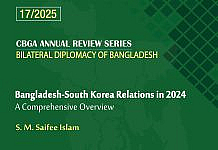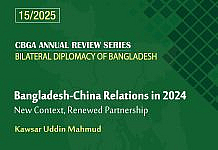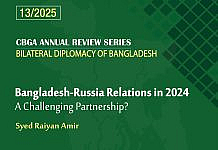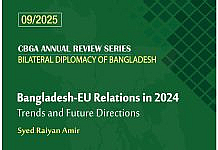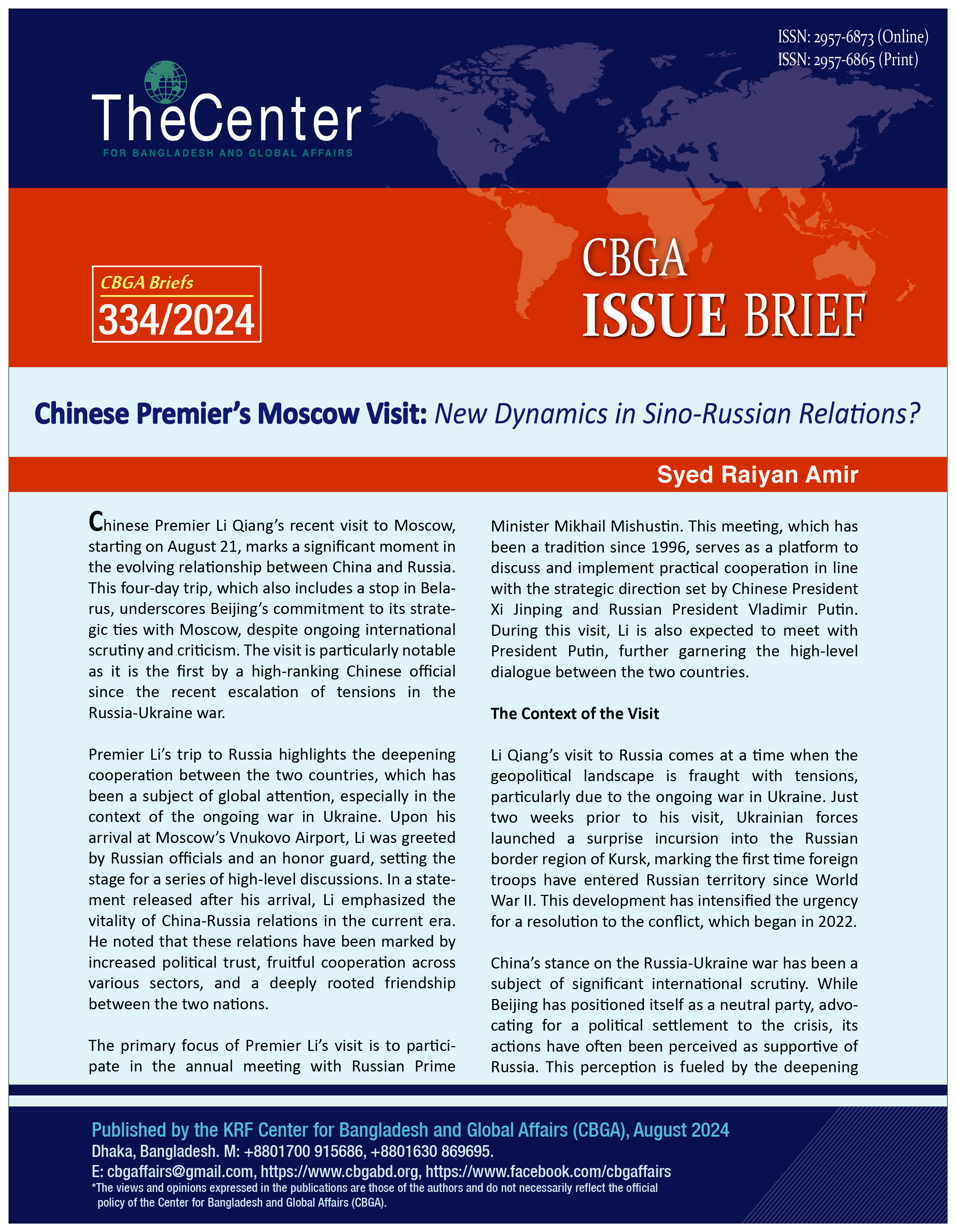
Chinese Premier Li Qiang’s recent visit to Moscow, starting on August 21, marks a significant moment in the evolving relationship between China and Russia. This four-day trip, which also includes a stop in Belarus, underscores Beijing’s commitment to its strategic ties with Moscow, despite ongoing international scrutiny and criticism. The visit is particularly notable as it is the first by a high-ranking Chinese official since the recent escalation of tensions in the Russia-Ukraine war.
Premier Li’s trip to Russia highlights the deepening cooperation between the two countries, which has been a subject of global attention, especially in the context of the ongoing war in Ukraine. Upon his arrival at Moscow’s Vnukovo Airport, Li was greeted by Russian officials and an honor guard, setting the stage for a series of high-level discussions. In a statement released after his arrival, Li emphasized the vitality of China-Russia relations in the current era. He noted that these relations have been marked by increased political trust, fruitful cooperation across various sectors, and a deeply rooted friendship between the two nations.
The primary focus of Premier Li’s visit is to participate in the annual meeting with Russian Prime Minister Mikhail Mishustin. This meeting, which has been a tradition since 1996, serves as a platform to discuss and implement practical cooperation in line with the strategic direction set by Chinese President Xi Jinping and Russian President Vladimir Putin. During this visit, Li is also expected to meet with President Putin, further garnering the high-level dialogue between the two countries.
The Context of the Visit
Li Qiang’s visit to Russia comes at a time when the geopolitical landscape is fraught with tensions, particularly due to the ongoing war in Ukraine. Just two weeks prior to his visit, Ukrainian forces launched a surprise incursion into the Russian border region of Kursk, marking the first time foreign troops have entered Russian territory since World War II. This development has intensified the urgency for a resolution to the conflict, which began in 2022.
China’s stance on the Russia-Ukraine war has been a subject of significant international scrutiny. While Beijing has positioned itself as a neutral party, advocating for a political settlement to the crisis, its actions have often been perceived as supportive of Russia. This perception is fueled by the deepening trade, diplomatic, and security ties between China and Russia. Western leaders and Kyiv have raised concerns about China’s export of dual-use goods to Russia, which they allege are bolstering the Russian war effort. Despite these concerns, China has continued to expand its economic and strategic partnership with Russia.
In 2023, trade between China and Russia reached a new milestone, with two-way trade totaling $240 billion, according to Chinese customs data. This surge in trade occurred despite the ongoing war in Ukraine, as both nations sought to strengthen their economic ties. China, one of the world’s leading oil consumers, has become a crucial economic support for Russia, a major energy exporter currently under Western sanctions. With European and U.S. brands exiting the Russian market, Moscow has increasingly turned to Chinese products, from cars to smartphones. The value of China-Russia trade, denominated in U.S. dollars, grew by 26.3% compared to the previous year, reaching $240.1 billion in 2023, as reported by China’s General Administration of Customs. Chinese exports to Russia saw a significant increase, rising by 46.9% in 2023 compared to the previous year, and by 64.2% compared to 2021, before the outbreak of the Russia-Ukraine war. Meanwhile, imports from Russia into China grew by 13% last year. Notably, half of Russia’s oil and petroleum exports in 2023 were directed to China, according to a statement by Russian Deputy Prime Minister Alexander Novak in late December.
China’s Diplomatic Balancing Act
Beijing’s diplomatic approach to the Russia-Ukraine war has been characterized by a crucial balancing act. On one hand, China has called for a de-escalation of the conflict and has expressed a desire to mediate a peaceful resolution. On the other hand, it has maintained and even strengthened its ties with Russia, a move that has drawn criticism from the West.
Last week, in response to a media inquiry about the situation in Ukraine, a spokesperson for China’s Foreign Ministry reiterated Beijing’s call for all parties involved to avoid expanding the battlefield and escalating the conflict. The spokesperson emphasized that China would continue to work towards a political settlement of the crisis. This statement did little to quell concerns in the West, where there is growing pressure on China to curtail its economic and technological support to Russia.
China’s efforts to position itself as a peace broker in the Ukraine conflict have been complicated by its limited engagement with Kyiv. While Chinese officials have made some attempts to engage with Ukraine, including hosting a top Ukrainian official last month for the first time since the invasion, these efforts have been overshadowed by the deepening ties between Beijing and Moscow.
Economic Ties: A Growing Dependency
One of the key aspects of Premier Li’s visit to Russia is the discussion of economic ties between the two countries. Trade between China and Russia reached record levels last year, surpassing the target of $240 billion ahead of schedule as mentioned earlier. This surge in trade highlights Russia’s growing reliance on China’s market, goods, and investment, especially in the wake of the broad international sanctions imposed on Russia following its invasion of Ukraine. In 2023, bilateral trade between China and Russia increased by more than 25% compared to the previous year. However, data from China’s customs shows that the growth rate has slowed down in recent months, with trade increasing by only 1.6% between January and July this year compared to the same period in 2022. This slowdown reflects the complex economic dynamics at play, as both countries facilitate the challenges posed by the global economic environment and the ongoing war in Ukraine.
The economic discussions during Li Qiang’s visit are expected to focus on further enhancing trade and investment between the two nations. The two leaders will likely explore opportunities to deepen cooperation in sectors such as energy, infrastructure, and technology, which have been areas of significant collaboration in recent years.
Strategic Cooperation: A Shared Vision
Beyond economic ties, Premier Li’s visit to Moscow is also about reinforcing the strategic cooperation between China and Russia. The two countries have increasingly aligned their foreign policies in recent years, presenting a united front on various international issues. This alignment is particularly evident in their shared stance on opposing Western influence and promoting a multipolar world order.
The strategic partnership between China and Russia has been strengthened through various bilateral and multilateral initiatives. For instance, the two countries have collaborated closely within the framework of the Shanghai Cooperation Organization (SCO) and the BRICS group, where they have sought to counterbalance the dominance of Western powers in global affairs. China and Russia have conducted joint military exercises, signaling their commitment to deepening defense cooperation.
During the talks with Russian leaders, Li Qiang is expected to discuss ways to enhance this strategic cooperation further. The discussions will likely cover a range of issues, including regional security, counterterrorism efforts, and the ongoing situation in Ukraine. The aim is to solidify the partnership between China and Russia, ensuring that both countries continue to support each other in the face of international challenges.
The Belarus Connection
After concluding his visit to Russia, Premier Li Qiang is scheduled to travel to Belarus, a close ally of Moscow. Belarus has played a key role in supporting Russia during the Ukraine war, and its ties with China have also been growing. Li’s visit to Belarus will involve meetings with Belarusian Prime Minister Roman Golovchenko, where the two leaders will engage in an in-depth exchange of views on bilateral relations and cooperation across various fields.
China’s engagement with Belarus is part of its broader strategy to strengthen ties with countries that are aligned with Russia. This approach is consistent with Beijing’s efforts to build a network of partnerships that can counterbalance the influence of Western powers. In Belarus, Li Qiang is expected to discuss a range of issues, including trade, infrastructure development, and technological cooperation. The visit is likely to result in new agreements that will further cement the relationship between China and Belarus.
Inching towards a Complex Geopolitical Knot
Premier Li Qiang’s visit to Russia and Belarus comes at a time of heightened geopolitical tensions and challenges. The deepening ties between China and Russia, while beneficial for both countries, have drawn significant scrutiny from the West. As China continues to facilitate this complex geopolitical landscape, it faces the challenge of balancing its strategic partnership with Russia against the need to maintain stable relations with other global powers.
The outcomes of Li Qiang’s visit will likely have far-reaching implications for the future of China-Russia relations. The discussions on economic and strategic cooperation will set the tone for the next phase of this partnership, as both countries continue to pursue their shared goals in an increasingly polarized world. At the same time, China’s engagement with Belarus highlights its commitment to supporting its allies and expanding its influence in regions that are critical to its global strategy.
As the world watches the developments from Li Qiang’s visit, it is clear that China’s role in the global arena is becoming more assertive. The deepening ties with Russia and Belarus are an omen to Beijing’s determination to shape the international order in a way that aligns with its interests. This approach also comes with risks, as it may further strain China’s relations with Western powers and complicate its efforts to act as a neutral player in the ongoing conflicts. How China cruises through these challenges will be crucial in determining its future role on the global stage.
– Syed Raiyan Amir is a Senior Research Associate at the KRF Center for Bangladesh and Global Affairs (CBGA).



